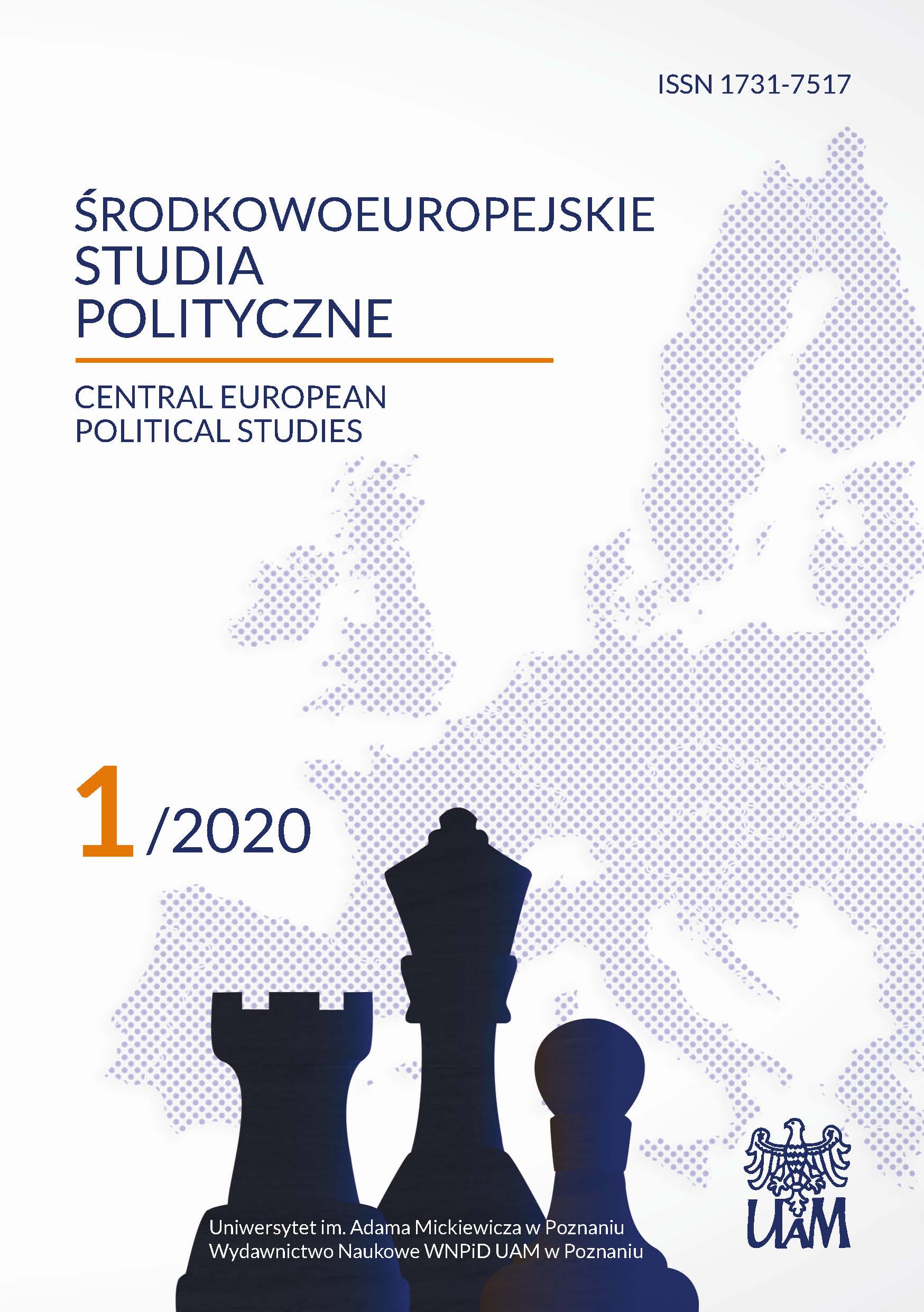Anomia jako kulturowy stan społeczeństwa polskiego w czasach nowożytnych praprzyczyną dystopii integracji z Unią Europejską
Anomie as a cultural state of Polish society in the early modern period – the underlying cause of the dystopia of integration with the European Union
Author(s): Grzegorz PiwnickiSubject(s): Politics, Political Theory
Published by: Uniwersytet Adama Mickiewicza
Keywords: anomie; dystopia; European Union; integration; reintegration
Summary/Abstract: The article analyzes the issue of integration with the European Union viewed through the prism of historical factors that have played a significant role in Poland being part of central Europe. This has been assumed to stem from the economic division into Western (capitalist) and Eastern (agricultural) Europe in the 16th century, which implied the cultural disparity of those areas and that has lasted until the present in the central and Eastern regions. This division was created by feudal relations in the East and capitalist relations in the West, until the second half of the 19th century. The absence of the modern state with its administrative systems, strong government and army, bourgeoisie and new religious movements, such as Protestantism, all contributed to the development of anomie and dystopia in Poland. The second aspect of this academic analysis is the abandonment of integration with the European Union after 2015. It resulted in the possibility of Poland being ousted from the Western European center of civilization. The prospect of Poland becoming a periphery of Europe is a peculiar anomie and dystopia for the state and society.
Journal: Środkowoeuropejskie Studia Polityczne
- Issue Year: 2020
- Issue No: 1
- Page Range: 193-228
- Page Count: 36
- Language: Polish

